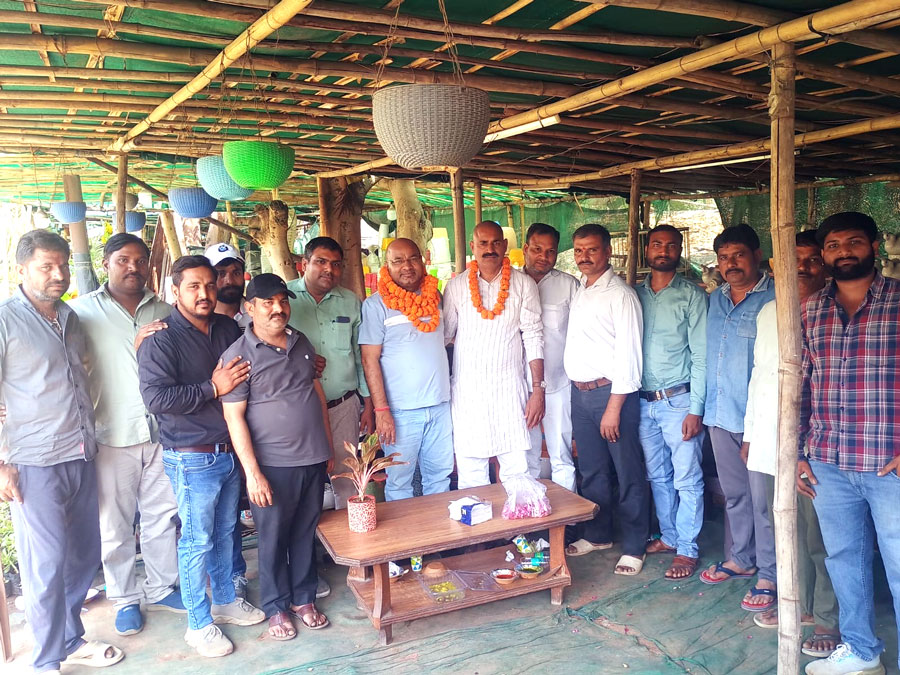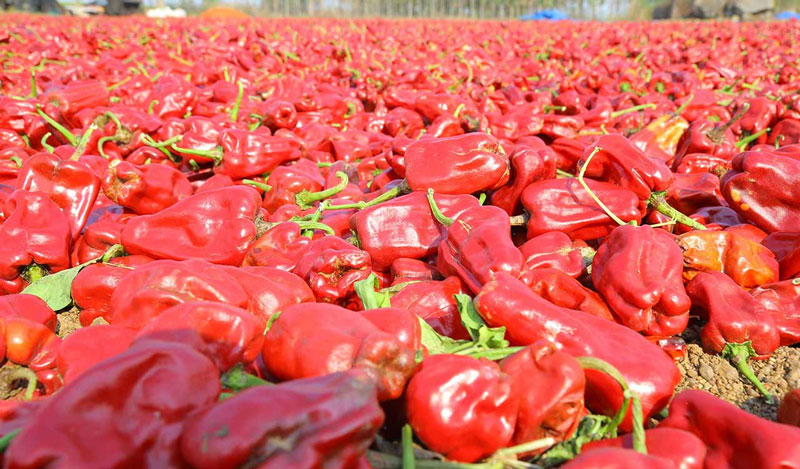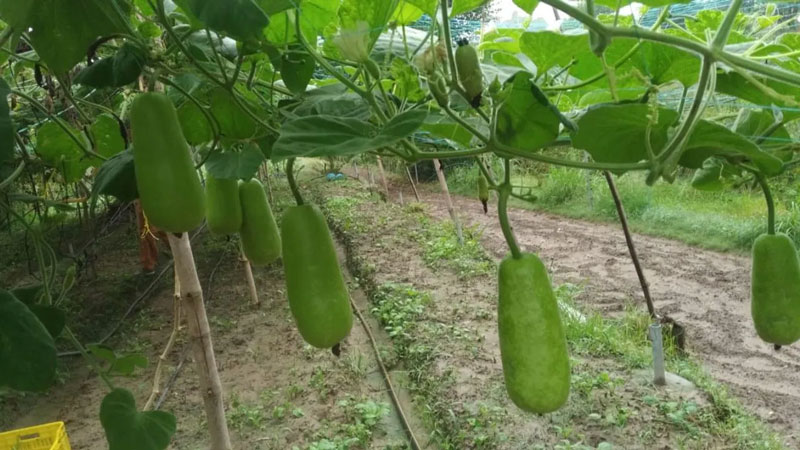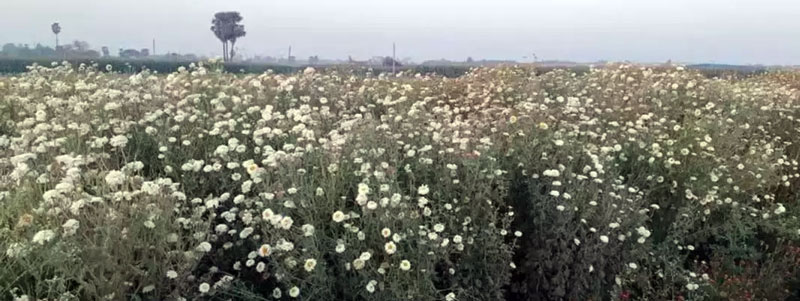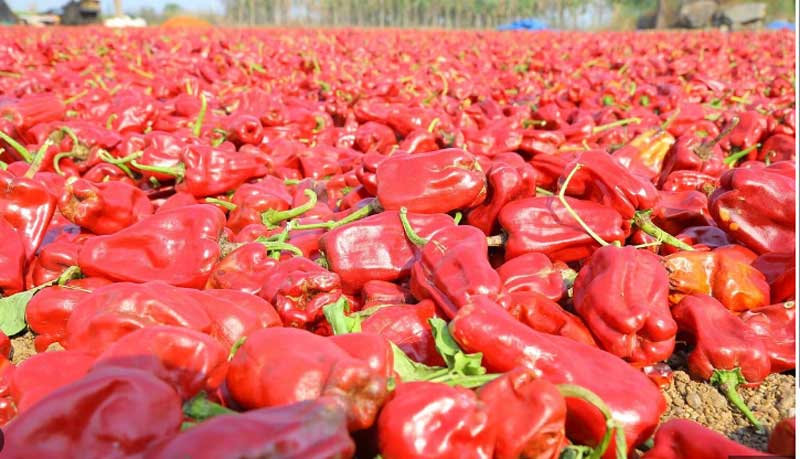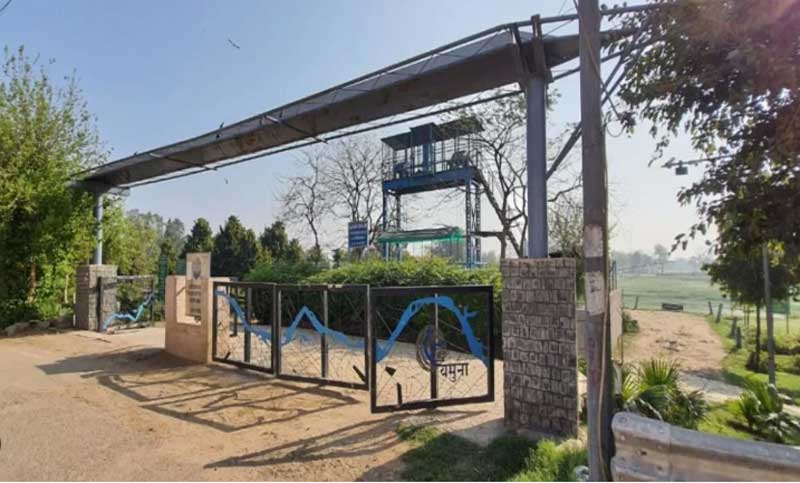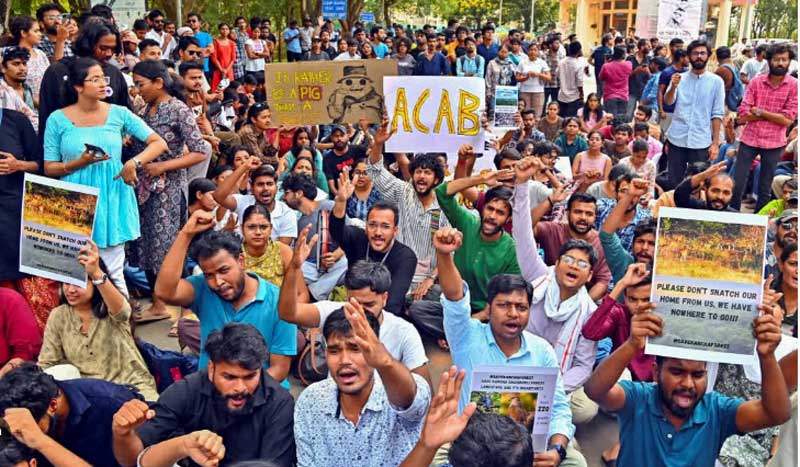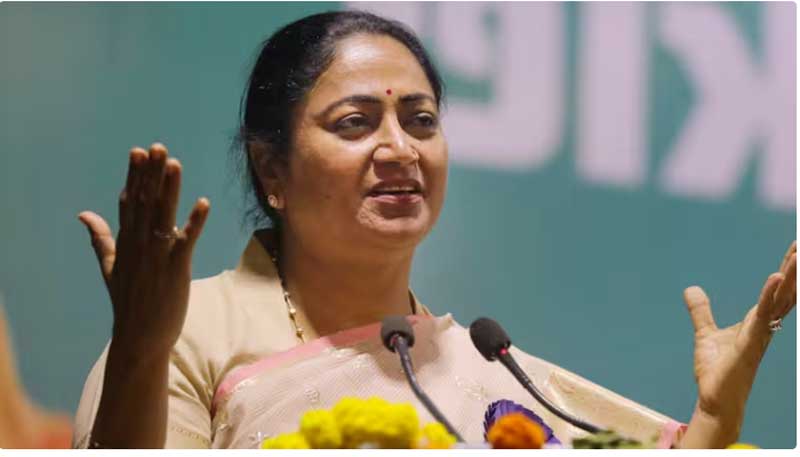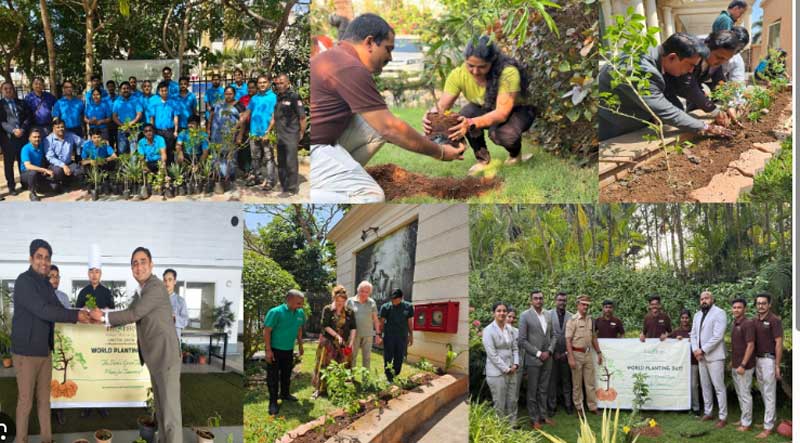Horticulture Takes Root in Nagaur as Farmers Shift from Traditional Crops
Delhi: The farmers of Nagaur, a district in the desert state of Rajasthan, are embracing a new trend that is reshaping the region’s agricultural landscape: a shift towards horticulture. Traditionally, farmers in Nagaur have relied on rain-fed crops like wheat and mustard, which are well-suited to the arid climate but are also vulnerable to the region’s erratic rainfall patterns. However, in recent years, there has been a noticeable increase in the number of farmers diversifying into horticulture.
Horticulture offers several advantages over traditional crops. For one, horticultural crops, such as fruits and vegetables, require less water than traditional crops, making them more sustainable in a water-scarce region like Nagaur. Additionally, these crops have a shorter growing season, allowing farmers to harvest multiple times a year and potentially increasing their income. Furthermore, there is a growing demand for fresh produce in nearby urban centers, providing farmers with a lucrative market for their products.
Read More: Diversifying Dreams, Rural India Journey into Horticulture and Pisciculture
To support this shift towards horticulture, the government and various agricultural agencies are providing training and assistance to farmers. This includes providing access to high-quality seeds, modern farming techniques, and better irrigation methods. Additionally, efforts are being made to improve infrastructure, such as roads and storage facilities, to help farmers transport and store their produce more efficiently.
The shift towards horticulture is not only benefiting farmers economically but is also contributing to the overall development of the region. By diversifying their crops, farmers are improving food security, reducing the impact of climate change, and creating a more sustainable agricultural sector in Nagaur. As this trend continues to grow, it has the potential to transform the region’s economy and improve the livelihoods of its people.

